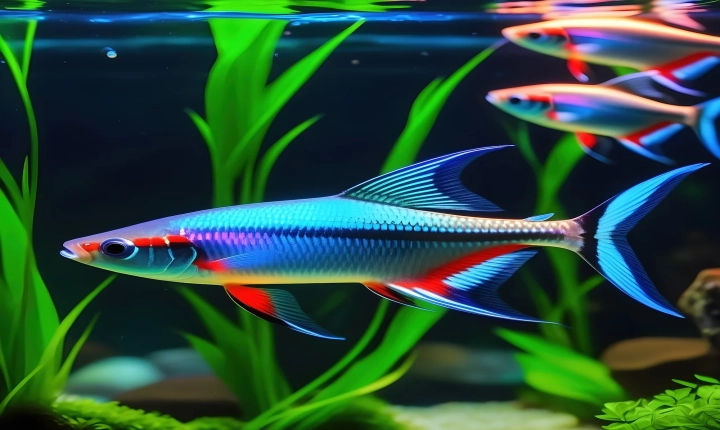Creating AI-generated songs has become increasingly popular as technology advances and the demand for new and unique music grows. AI songwriting involves the use of machine learning algorithms to analyze existing music compositions and then generating new compositions based on that analysis. The process involves several steps and considerations, as well as potential challenges and ethical considerations.
The first step in creating an AI-generated song is to gather a large dataset of existing music. This dataset includes a wide variety of songs spanning different genres, styles, and time periods. The more diverse the dataset, the better the AI algorithm can learn and understand the nuances of music composition.
Once the dataset is assembled, the next step is to input the data into the machine learning algorithm. The algorithm uses complex pattern recognition and analysis to identify common elements and structures within the music. This process allows the AI to learn about chord progressions, melodies, rhythms, and other compositional elements present in the dataset.
After the AI has analyzed the music dataset, it can start generating new compositions. Depending on the specific parameters and inputs provided, the AI can create completely original songs or generate variations of existing compositions. The AI can also be programmed to emulate the style of a specific artist or genre.
One of the key challenges in creating AI-generated songs is ensuring that the resulting music is both original and engaging. While the AI can produce music that follows established compositional rules, there is a risk of the music sounding formulaic or uninspired. To address this challenge, some AI songwriting projects involve human musicians and composers collaborating with the AI to refine and enhance the generated music.
Ethical considerations also play a significant role in AI-generated music. Questions arise regarding copyright infringement, as the AI-generated songs may inadvertently mimic existing compositions too closely. Additionally, there are concerns about the potential impact of AI-generated music on the livelihoods of human musicians and songwriters.
Despite these challenges and ethical considerations, AI-generated music has the potential to revolutionize the music industry. The technology has the capacity to democratize music creation, allowing anyone to access a tool that can generate original compositions. It also has the potential to unearth fresh and innovative musical ideas that may not have emerged through traditional human songwriting processes.
In conclusion, creating AI-generated songs involves a multi-step process that includes gathering a diverse music dataset, inputting the data into a machine learning algorithm, and generating new music compositions. While there are challenges and ethical considerations to address, the technology has the potential to transform the music industry and democratize the creative process. As AI technology continues to advance, it will be fascinating to see how AI-generated music shapes the future of music composition and production.
